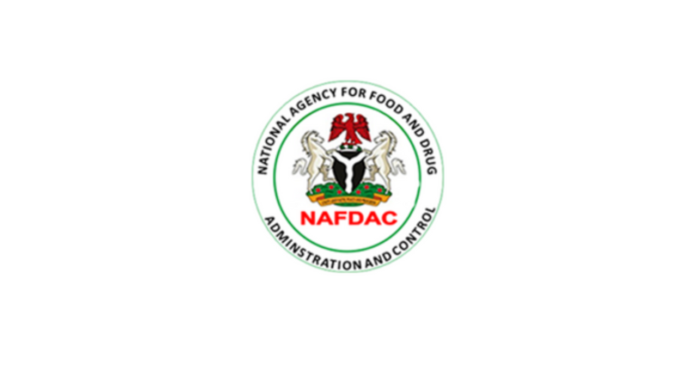Normalcy finally returned to the Onitsha Drug Market in Anambra State after months of closure by the National Agency for Food and Drug Administration and Control (NAFDAC).
Dr. Law Mefor, the Commissioner for Information, speaking during an inspection at the drug market, accompanied by the Commissioner for Health, Dr. Adam Obidike, said that they were at the market to ensure that it had been reopened by NAFDAC.
He expressed satisfaction that 95% of the shops in the market have reopened for business, while the remaining 5% remain under lock due to the owner’s failure to present themselves for screening or meet NAFDAC directives.
Dr. Afam Obidike, the Commission for Health, assured the drug traders that the government is committed to their welfare.
He emphasised that the ongoing construction of the new drug market in Oba, with full facilities for proper drug storage, will be completed as scheduled.
Omoyeni Babatunji, the Deputy Director in charge of Investigation and Enforcement for the South-South and South-East regions of NAFDAC, confirmed that 95 % of the shops in the market have reopened, while the remaining 5% remain closed.
In his remarks, the Chairman of the Onitsha Drug Market, Mr Chukwuleta Ndubuis, thanked Governor Chukwuma Soludo for his fatherly support throughout the process.
He noted that it was the Governor’s appeal that led the agency to shorten the duration of the market closure and prayed for God’s abundant reward on him.
Meanwhile, NAFDAC has refuted online claims suggesting it has unconditionally reopened Nigeria’s open drug markets, describing the reports as misleading.
Speaking during a press conference in Lagos on May 30, NAFDAC Director-General, Prof. Mojisola Adeyeye, reiterated that all reopenings remain conditional on compliance with regulatory requirements and the payment of investigative charges by affected shop owners.
“There is no unconditional opening of any market or shop,” Adeyeye asserted. “NAFDAC is standing strong. We are not caving in. It is time to protect our people. It is time to stop women dying.”
She addressed concerns about a trending Google news headline suggesting the agency had relaxed enforcement, saying such reports were false and do not reflect the agency’s position.
Updating the media on recent enforcement efforts in major open drug markets such as Idumota (Lagos), Ariaria (Aba), and the Onitsha Bridgehead market, Adeyeye revealed that over ₦1 trillion worth of counterfeit, expired, falsified, and substandard medicines—including illicit narcotics—were seized between Feb. 9 and March 27, 2025.
“At the Bridgehead market alone, we evacuated 137 40-foot truckloads of illicit drugs, including 10 full truckloads of unregistered Tramadol,” she disclosed. Adeyeye emphasised that all affected traders must report to NAFDAC’s Onitsha office to collect their investigative charges and sign an undertaking acknowledging the temporary status of their shop reopenings.
“It is simple: you come, pay the charges, and sign the agreement. Then we reopen your shop—temporarily and under strict conditions. You are not staying there permanently.”
She also pointed out that none of the affected shops had valid site licenses from the Pharmacy Council of Nigeria (PCN), a core condition for operation. While acknowledging that a few shops may have been compliant, she explained the blanket closure was necessary to enforce broad accountability.
Adeyeye noted that those resisting compliance were primarily linked to the illegal importation and distribution of narcotics. “These individuals are bringing in narcotics to destroy the minds of our youth. We must stop that.”
She further clarified that the current enforcement is in line with a presidential directive aimed at relocating open drug markets to Coordinated Wholesale Centres (CWC) across the country. She cited Kano as a successful example, where traders were relocated after a decade-long legal tussle.
BusinessDay



